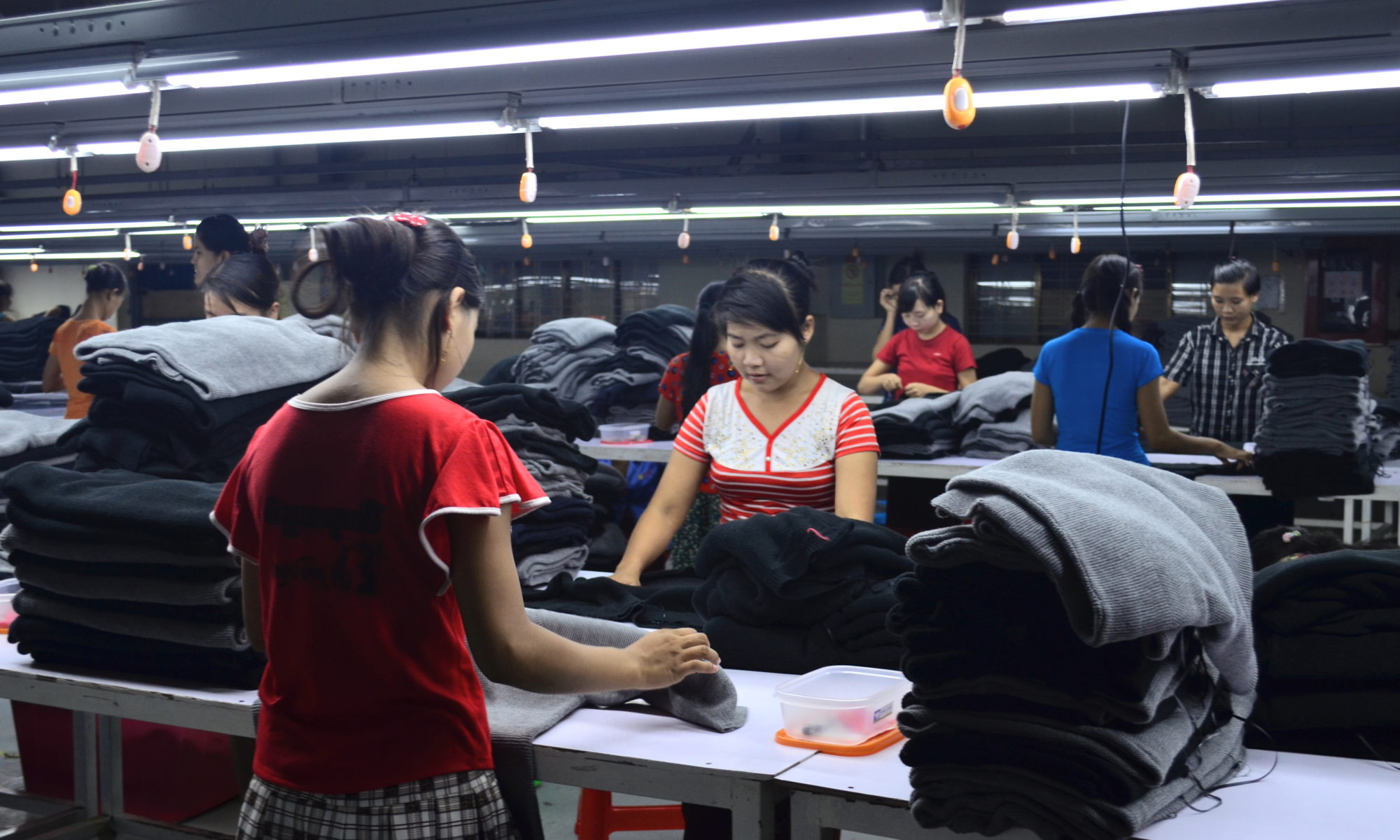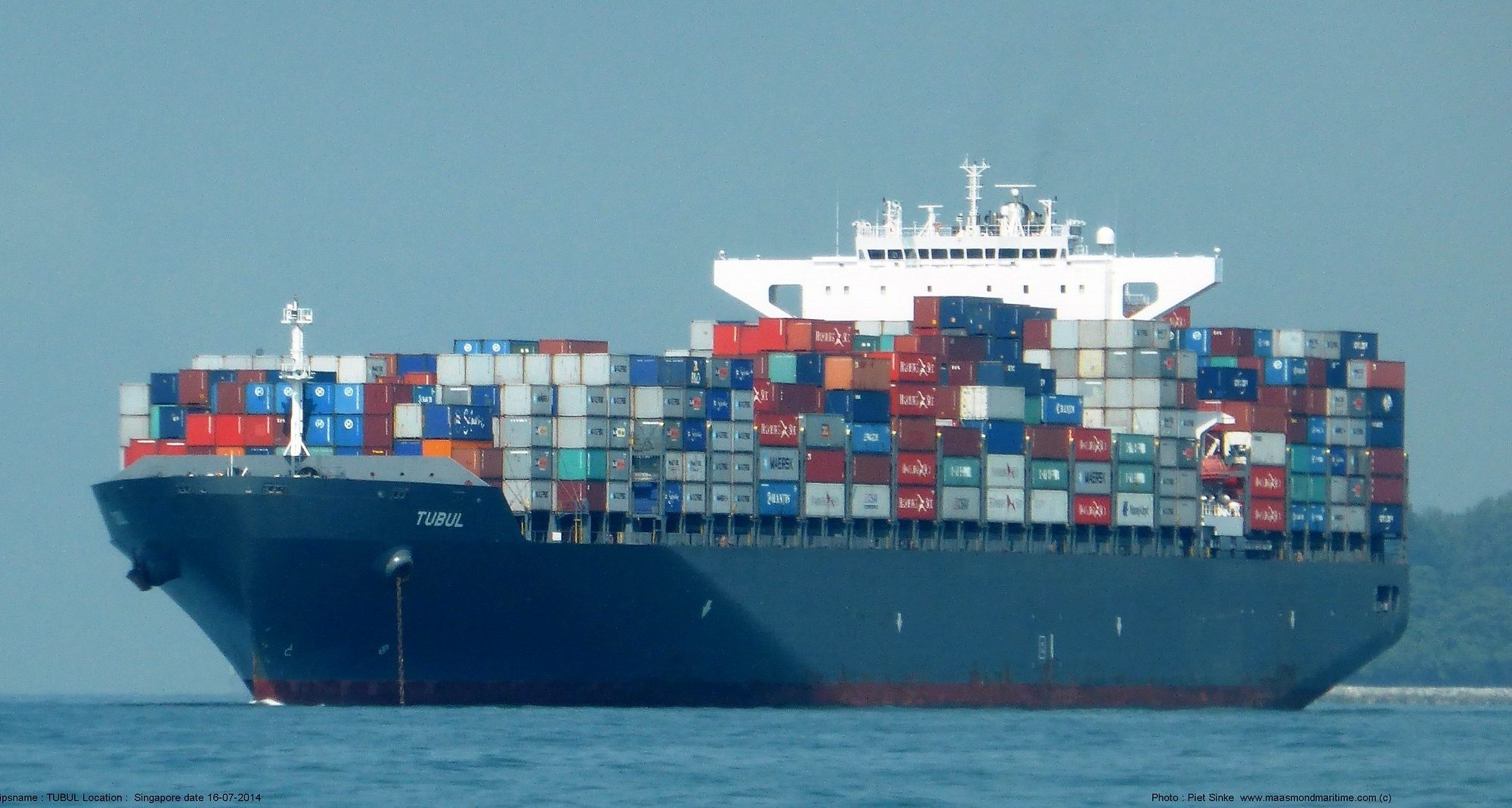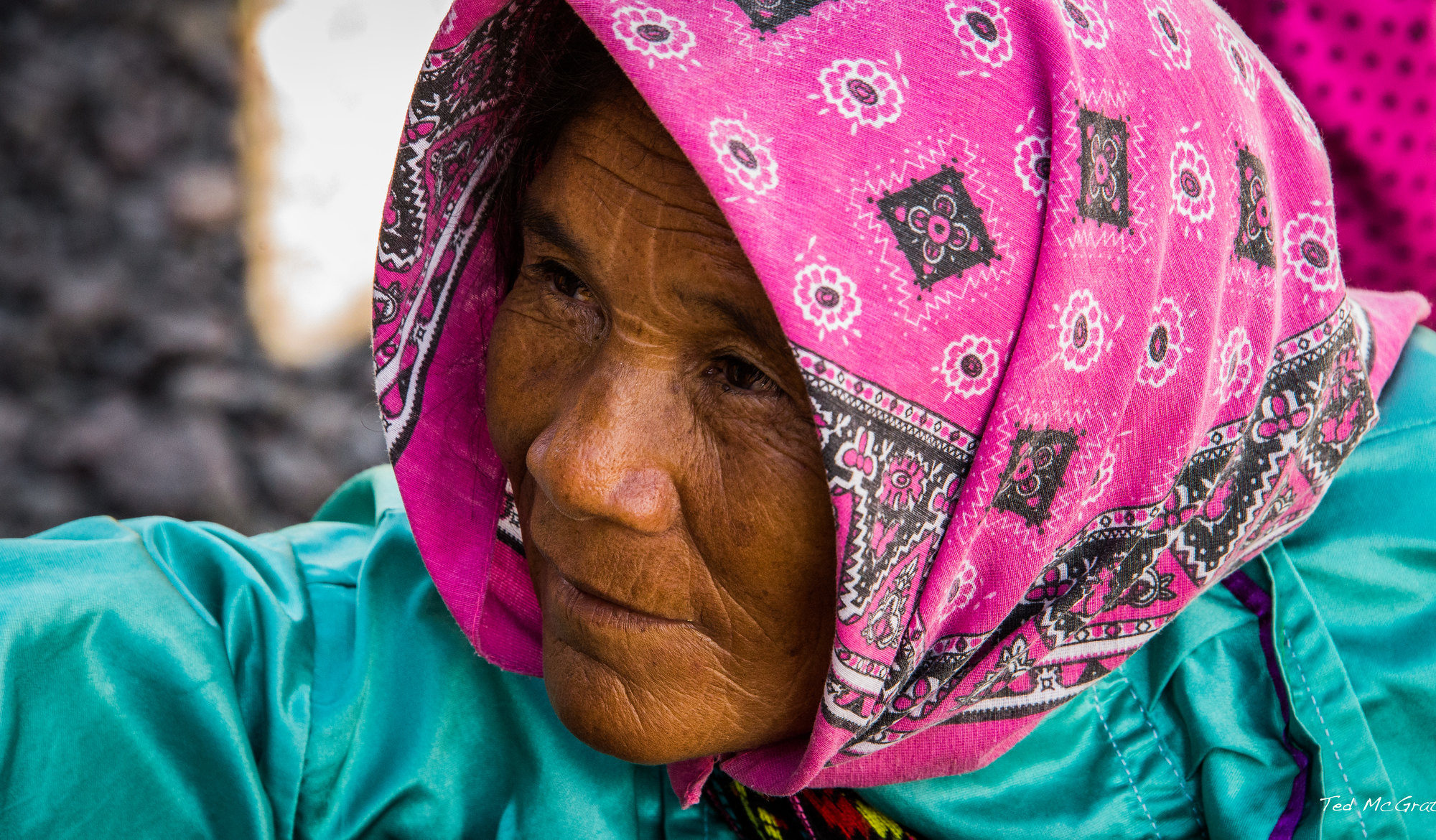By Tanja Verena Matheis and Adrian Schlegel
Amidst the ongoing pandemic, the reorientation of the German Ministry for Economic Cooperation and Development with regard to international development policy and cooperation has gone almost unnoticed in the media. In the context of their “reform concept 2030”, the policy-makers identify five “megatrends” – demographic change, the shortage of natural resources, climate change, digitalization and interdependencies, and migration, based on which they suggest courses of action. The reform has attracted criticism, especially because of the cancellation of partnerships with countries with material precarity. Is the proposed strategy anywhere near allowing to address persistent socio-economic inequalities that the system of development cooperation claims to alleviate? Continue reading “The 2030 turn in German Development Policy – An Opportunity to Fundamentally Challenge Global Inequalities?”





